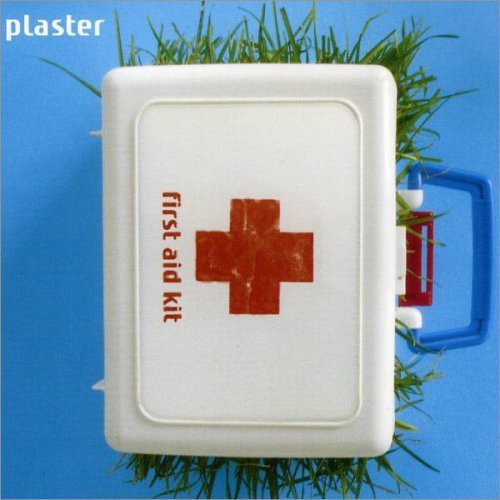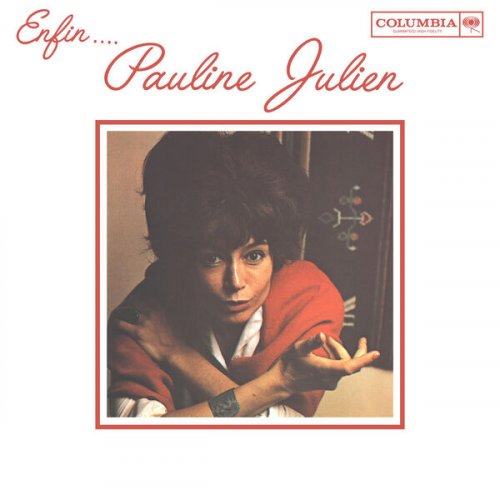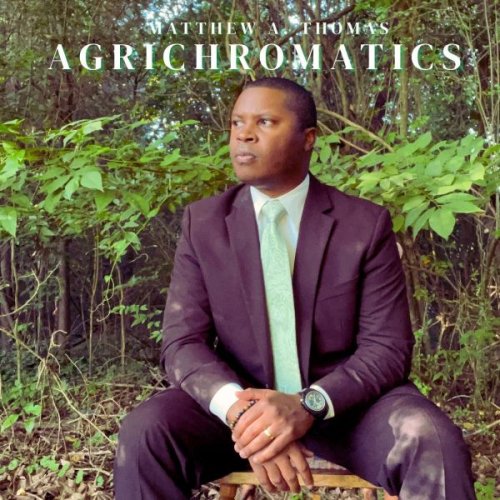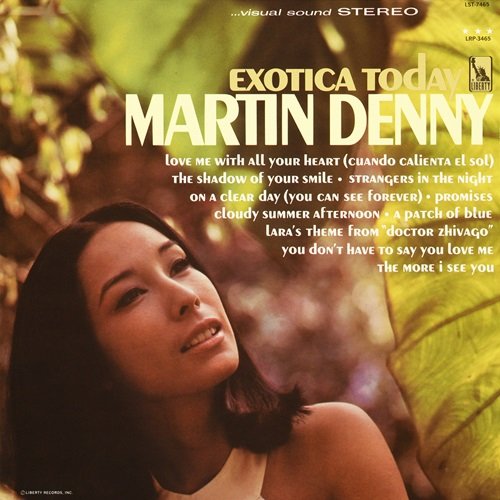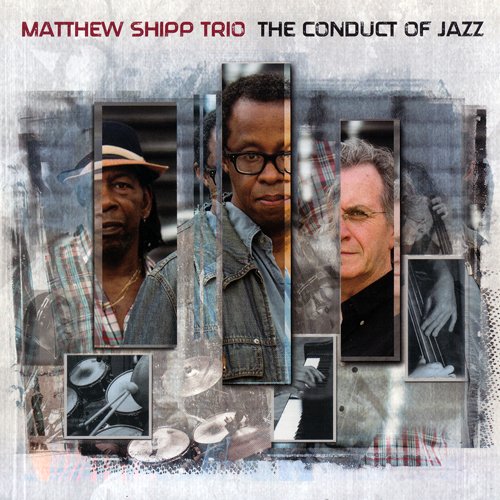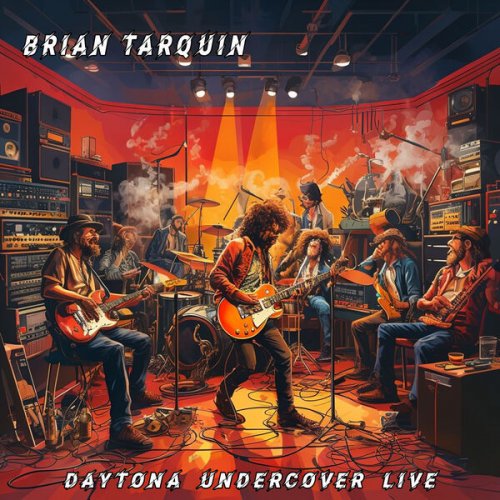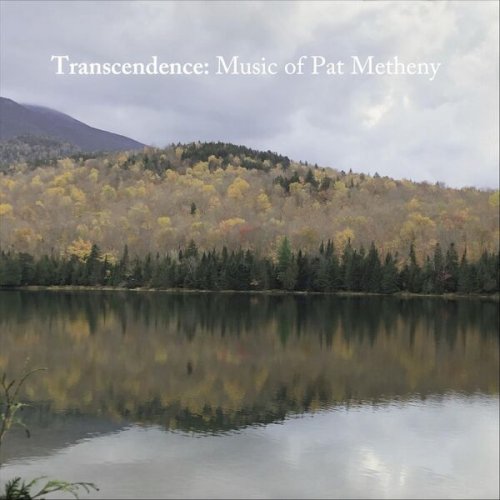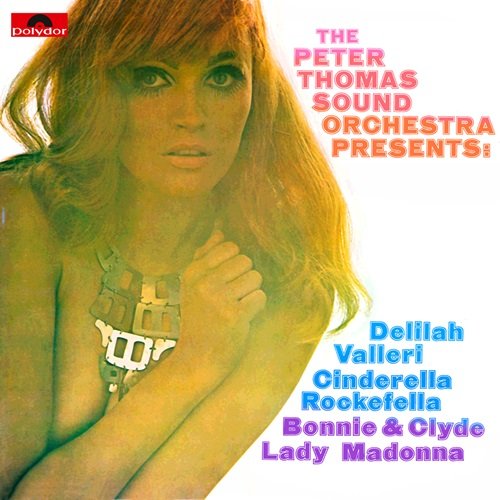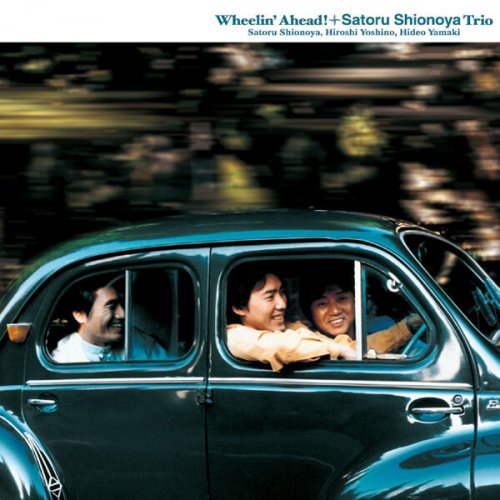Babe, Terror - Pescadou Gualapagouse (2024)
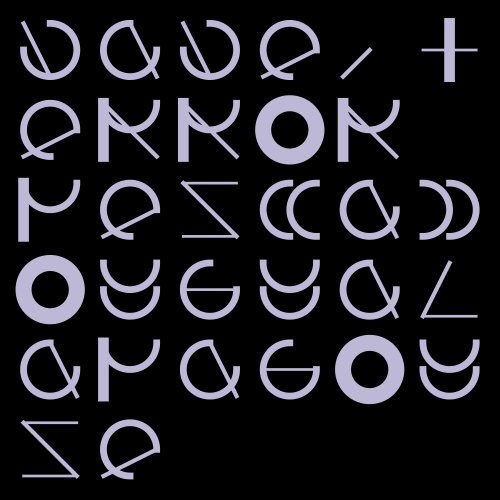
Artist: Babe, Terror
Title: Pescadou Gualapagouse
Year Of Release: 2024
Label: Longform Editions
Genre: Modern Classical
Quality: FLAC (tracks)
Total Time: 00:35:44
Total Size: 183 MB
WebSite: Album Preview
Tracklist:Title: Pescadou Gualapagouse
Year Of Release: 2024
Label: Longform Editions
Genre: Modern Classical
Quality: FLAC (tracks)
Total Time: 00:35:44
Total Size: 183 MB
WebSite: Album Preview
01. Pescadou Gualapagouse .(35:45)
Claudio Katz Szynkier is a producer and composer from São Paulo. He has a considerable history in electronic and experimental music under the moniker Babe, Terror (he also uses the name Zpell Hologos). A language shaper, he has released some fundamental albums for recent experimental and electronic music, in Brazil and globally.
Artist notes:
In my music, I want maximum contact with a time. With The Time. And with other, parallel times, which exist in the tension between the documentation of what is decomposing and the summoning of what invisibly existed or is yet to exist. The lives that were and weren't here. Well, I'm looking for the arrival of something else. Another force, a force of union of places, times, and materials, but also a force of naturalization of a utopian absurdity that simply enchants those who want to be enchanted. But I want to find it intensely, in all its strength. In fact, I have nothing else to do, nothing else that I can do in my life. The Longform people then gave me the opportunity to probe and intensify this work of time while discovering my new album. But in fact, anyone who wants, can feel "Pescadou Gualapagouse" as a real big landscape, a real big track, or like an album in itself, in its own.
On "Pescadou Gualapagouse" I looked totransforms spirits, haunting and solacing blends of the Baroque, the Renaissance, the American & African jazz, into music from Babe, Terror.
Any instrument can be rhythmic and melodic at the same time. I think I learned this from jazz and Brazilian Samba-de-Enredo. And with that I can maybe build a little bum orchestra that is at the same time a homemade jazz band, in a house, mine, that doesn't have space. I feel like I'm in an ensemble 'workshop', a garage-of-ensembles itself, where I go with drills, presses, foundries, forges, like in a Samba carnival tent in the north of São Paulo, like Rosas de Ouro's (Golden Roses) tent, recreating the instruments and bodies of these people and the infinite sound modules that they can put together as jazz or maybe chamber ensembles".
At the time of making the track, I was watching the "Marseille Trilogy", by Marcel Pagnol. And particularly, the film "Marius", whose director is the brilliant Alexander Korda. It is an unbelievable spectacle from the beginning of talkies. You can't even think about or really measure the power of that at the time. It's about this bartender in the seaside town, abused by his father, played by the great Raimu. He has a girlfriend he loves, Fanny, but he wants to be a sailor and visit Southern Asia, Brazil. I think I wanted, with the piece, to make Marius get to know Brazil, or at least my city. I imagined sub-tracks within the large track. I invite listeners to enjoy it this way.
Composition, for me, is a technique of merging, merging worlds. It is about making things merge. Sampling everything that can and cannot converse, forming real ensembles of thought, memories, and sounds. In my way of seeing, all the instruments speak at a thousand different times and ages, drawing compositions. Compositions of a world for me and for the listener, from a merging perspective. And from the perspective of an eternal movement of degradation, rebirth, and encounter. The noble, rustic, rotten woods, the cheap synth, the broken saxophone that costs 90% less than the original price of its first sale, they speak with and to the others. The times and the sounds can really cross each other. In "Horizogon" I said to myself that in Babe, Terror there is no separation between times, instrumentations, principles of music. The metals are biomusical forms of landfill, the woodwinds can be from an imagined Asia, from the old Persian territory, they are recycled from retired Caspian ships. They can be fruits from Polynesian trees. You can imagine what you wish. And they are rotten Europe before it really rots, and they, these parts and biosoundbuldings and musical bioembodiments, they actually merge. They merge and melt in an ensemble, building a crater of protection, separation, and escape from the catastrophe of the world. Basically, that for me is making music. And I maybe attempted to put it in the heart of this new thing, "Pescadou Gualapagouse".
I'm trying to do my best works now. The works that bring me the most special joy. The ones that I can consider the most exuberant, beautiful works. I'm in a time war, because I have some health problems, and I don't know for how long I'll be able to do them. So I'm trying to advance in the unknown and uncharted territories of my heart. I want to share an extreme experience, an experience of my utmost, by orchestrating, performing, creating, and bringing together sounds, instruments, times, abstract and hidden sound cinematographies. And, by making it, I want to offer my best to the world and to whoever wants it. I don't see beauty as a fixed, stagnant thing though. Like a stopped meaning. This is old, of course. I want the-other-beauty".
In "Pescadou Gualapagouse", Claudio played with the pieces in a way that connected to his architectural imagination, which is one of his long-standing interests. Claudio believes that there is a living parallel between the construction of music and cities, the musical experience and the experience in cities.
When a separate instrument enters into dialogue with another separate instrument, with another relic, from another time, this encounter is unique. Something really unique will happen. It generates unique music, and in a way, an unique era. And it gives rise to other encounters, other conjunctions. I believe in this system of conjunctions forming imaginary cities. Imaginary cities of music. First, as models (like tiny plastic cities) and then as more than that. The models will reemerge as real city plantings. A proposed world that was sown and appeared, like magic, on the ground. My idea of injecting instruments and sounds into each other has a bit of this base excitement, this base desire. If you convert architectural thinking to musical thinking, that's what I want. If you just create a parallel between the two ways of thinking, you'll understand what I like to play and make in music. An idea of orchestration as a city to be built and discovered. And an idea of orchestrating the city itself, stirring up the roots beneath the material city; orchestrating the concrete, for people to move with music in its secrets and corners, and get lost, and get reanimated, and get reappeared. That's because I live in a city where it's almost impossible to live. And it needs to be reformed somehow. I try to reform with music. Imperialism and capitalism made São Paulo a giant of cement (at dawn it is cool), a morbid Shopping Center for people, and beggars outside. I am composing for the enslaved and hurt of the world who have had their cities colonized and destroyed by the economic and existential system, and by the countries of the dispair. It is my honest contribution.
The city of São Paulo plays an important role, a kind of powerplant in Babe, Terror music. From "Teghnojoyg", Claudio concluded that São Paulo is an extension of other places and cities around the world.
Speaking of cities that appear and disappear, Gaza completely changed my body, my mind, my synthesis of what the world is and what my history is, including as a Jew. I became sick. I became another person. I found myself in existencial oddity with my ancestors and old family myths, the 1st generation of São Paulo zionists. I am very ashamed of the Zionist project, and I think there is a deep analysis to be done about the intertwining between Gaza and the Brazilian periphery. In Brazil, and more specifically, in São Paulo peripheries and slums, people die for the same reasons. For being poor, for trespassing on territories reserved for richer people. In a certain way, I think that music and art serve to make the path less painful, and minds more capable of composing a personal destiny that can be both tender and guerrilla. A destiny that can be adventurous and possessed of an anti-capitalist sanity. Let's say, a kind of sanity that, though facing the pain, is powerful in healing. I don't think I can compose outside of that logic anymore. I no longer compose without my own suffering and without the experience of the expectation of change. And I hope to compose for other sufferings, for people who ultimately need a certain ineffable openness. For people who need a kind of strange concreteness and unspoken magic-of-being-there that music can bring. In a way, I'm making music for my death, but also to not die, to perpetuate the music and the life in me. And it's a way of giving a gift to those who like my music, since I don't know how to do anything much better than that. I only have this to do until I'm no longer here, I think. But this heavy tone is not dramatic, it's not a dramatization. Although it sounds like that, I want it to last a long time yet. I'm not dying yet. But I like to think that the world can die and reborn, and will improve, and that I will leave here something of mine that was important to me.
Contemplating works in their deepest and most revealing form is no longer a pleasure much encouraged in the world now. There is an effort to superficialize experiences, and there is a robotic, algorithmic outsourcing of what should be experienced. There is less research and less connection, as if the works were just a small relief in the face of the psychological suffering that capitalism imposes. A support and a safe haven between one journey of suffering and another. And there is also a collectionist hypertrophy. There is a lot available and a desire to relate superficially to a lot. But these are reality solid aspects. Aspects from the general spirit of the experienced time. On the other hand, and thinking collaterally about how to deal with this reality and reconnect it in another possible sphere, what I propose: I use music, making and listening, as a key to altering this psychological suffering. So I think about setting up places, life zones, ports, that are really and materially powerful in generating happiness and healing. I try to make and extremize, perhaps, the "use" of art as a key to redemption from capitalist mental suffering. I propose that listeners actually come in and be absorbed and generate complete escapes with my music. If the world asks for this, perhaps this is what I can give with the maximum strength I can. I try to take it to a certain extreme, a terminal point. That's what I try. And the hypertrophied collecting part, maybe I'd also try to take it to a limit. Perhaps unconsciously, I arrange and rearrange a considerable part of the world of instruments in my new compositions. There are a lot of things created, recreated and related to each other there, in the compositions. As if with music I was trying to propose a unique encounter of all the things that I think are potentially capable of transforming, in conjunctions, the psychic experience. A collection aimed at the encounters that seduce me. And aimed at seducing and satisfying the escape needs of people who like what I do. In this sense, it is difficult not to think about non-extended works.
Artist notes:
In my music, I want maximum contact with a time. With The Time. And with other, parallel times, which exist in the tension between the documentation of what is decomposing and the summoning of what invisibly existed or is yet to exist. The lives that were and weren't here. Well, I'm looking for the arrival of something else. Another force, a force of union of places, times, and materials, but also a force of naturalization of a utopian absurdity that simply enchants those who want to be enchanted. But I want to find it intensely, in all its strength. In fact, I have nothing else to do, nothing else that I can do in my life. The Longform people then gave me the opportunity to probe and intensify this work of time while discovering my new album. But in fact, anyone who wants, can feel "Pescadou Gualapagouse" as a real big landscape, a real big track, or like an album in itself, in its own.
On "Pescadou Gualapagouse" I looked totransforms spirits, haunting and solacing blends of the Baroque, the Renaissance, the American & African jazz, into music from Babe, Terror.
Any instrument can be rhythmic and melodic at the same time. I think I learned this from jazz and Brazilian Samba-de-Enredo. And with that I can maybe build a little bum orchestra that is at the same time a homemade jazz band, in a house, mine, that doesn't have space. I feel like I'm in an ensemble 'workshop', a garage-of-ensembles itself, where I go with drills, presses, foundries, forges, like in a Samba carnival tent in the north of São Paulo, like Rosas de Ouro's (Golden Roses) tent, recreating the instruments and bodies of these people and the infinite sound modules that they can put together as jazz or maybe chamber ensembles".
At the time of making the track, I was watching the "Marseille Trilogy", by Marcel Pagnol. And particularly, the film "Marius", whose director is the brilliant Alexander Korda. It is an unbelievable spectacle from the beginning of talkies. You can't even think about or really measure the power of that at the time. It's about this bartender in the seaside town, abused by his father, played by the great Raimu. He has a girlfriend he loves, Fanny, but he wants to be a sailor and visit Southern Asia, Brazil. I think I wanted, with the piece, to make Marius get to know Brazil, or at least my city. I imagined sub-tracks within the large track. I invite listeners to enjoy it this way.
Composition, for me, is a technique of merging, merging worlds. It is about making things merge. Sampling everything that can and cannot converse, forming real ensembles of thought, memories, and sounds. In my way of seeing, all the instruments speak at a thousand different times and ages, drawing compositions. Compositions of a world for me and for the listener, from a merging perspective. And from the perspective of an eternal movement of degradation, rebirth, and encounter. The noble, rustic, rotten woods, the cheap synth, the broken saxophone that costs 90% less than the original price of its first sale, they speak with and to the others. The times and the sounds can really cross each other. In "Horizogon" I said to myself that in Babe, Terror there is no separation between times, instrumentations, principles of music. The metals are biomusical forms of landfill, the woodwinds can be from an imagined Asia, from the old Persian territory, they are recycled from retired Caspian ships. They can be fruits from Polynesian trees. You can imagine what you wish. And they are rotten Europe before it really rots, and they, these parts and biosoundbuldings and musical bioembodiments, they actually merge. They merge and melt in an ensemble, building a crater of protection, separation, and escape from the catastrophe of the world. Basically, that for me is making music. And I maybe attempted to put it in the heart of this new thing, "Pescadou Gualapagouse".
I'm trying to do my best works now. The works that bring me the most special joy. The ones that I can consider the most exuberant, beautiful works. I'm in a time war, because I have some health problems, and I don't know for how long I'll be able to do them. So I'm trying to advance in the unknown and uncharted territories of my heart. I want to share an extreme experience, an experience of my utmost, by orchestrating, performing, creating, and bringing together sounds, instruments, times, abstract and hidden sound cinematographies. And, by making it, I want to offer my best to the world and to whoever wants it. I don't see beauty as a fixed, stagnant thing though. Like a stopped meaning. This is old, of course. I want the-other-beauty".
In "Pescadou Gualapagouse", Claudio played with the pieces in a way that connected to his architectural imagination, which is one of his long-standing interests. Claudio believes that there is a living parallel between the construction of music and cities, the musical experience and the experience in cities.
When a separate instrument enters into dialogue with another separate instrument, with another relic, from another time, this encounter is unique. Something really unique will happen. It generates unique music, and in a way, an unique era. And it gives rise to other encounters, other conjunctions. I believe in this system of conjunctions forming imaginary cities. Imaginary cities of music. First, as models (like tiny plastic cities) and then as more than that. The models will reemerge as real city plantings. A proposed world that was sown and appeared, like magic, on the ground. My idea of injecting instruments and sounds into each other has a bit of this base excitement, this base desire. If you convert architectural thinking to musical thinking, that's what I want. If you just create a parallel between the two ways of thinking, you'll understand what I like to play and make in music. An idea of orchestration as a city to be built and discovered. And an idea of orchestrating the city itself, stirring up the roots beneath the material city; orchestrating the concrete, for people to move with music in its secrets and corners, and get lost, and get reanimated, and get reappeared. That's because I live in a city where it's almost impossible to live. And it needs to be reformed somehow. I try to reform with music. Imperialism and capitalism made São Paulo a giant of cement (at dawn it is cool), a morbid Shopping Center for people, and beggars outside. I am composing for the enslaved and hurt of the world who have had their cities colonized and destroyed by the economic and existential system, and by the countries of the dispair. It is my honest contribution.
The city of São Paulo plays an important role, a kind of powerplant in Babe, Terror music. From "Teghnojoyg", Claudio concluded that São Paulo is an extension of other places and cities around the world.
Speaking of cities that appear and disappear, Gaza completely changed my body, my mind, my synthesis of what the world is and what my history is, including as a Jew. I became sick. I became another person. I found myself in existencial oddity with my ancestors and old family myths, the 1st generation of São Paulo zionists. I am very ashamed of the Zionist project, and I think there is a deep analysis to be done about the intertwining between Gaza and the Brazilian periphery. In Brazil, and more specifically, in São Paulo peripheries and slums, people die for the same reasons. For being poor, for trespassing on territories reserved for richer people. In a certain way, I think that music and art serve to make the path less painful, and minds more capable of composing a personal destiny that can be both tender and guerrilla. A destiny that can be adventurous and possessed of an anti-capitalist sanity. Let's say, a kind of sanity that, though facing the pain, is powerful in healing. I don't think I can compose outside of that logic anymore. I no longer compose without my own suffering and without the experience of the expectation of change. And I hope to compose for other sufferings, for people who ultimately need a certain ineffable openness. For people who need a kind of strange concreteness and unspoken magic-of-being-there that music can bring. In a way, I'm making music for my death, but also to not die, to perpetuate the music and the life in me. And it's a way of giving a gift to those who like my music, since I don't know how to do anything much better than that. I only have this to do until I'm no longer here, I think. But this heavy tone is not dramatic, it's not a dramatization. Although it sounds like that, I want it to last a long time yet. I'm not dying yet. But I like to think that the world can die and reborn, and will improve, and that I will leave here something of mine that was important to me.
Contemplating works in their deepest and most revealing form is no longer a pleasure much encouraged in the world now. There is an effort to superficialize experiences, and there is a robotic, algorithmic outsourcing of what should be experienced. There is less research and less connection, as if the works were just a small relief in the face of the psychological suffering that capitalism imposes. A support and a safe haven between one journey of suffering and another. And there is also a collectionist hypertrophy. There is a lot available and a desire to relate superficially to a lot. But these are reality solid aspects. Aspects from the general spirit of the experienced time. On the other hand, and thinking collaterally about how to deal with this reality and reconnect it in another possible sphere, what I propose: I use music, making and listening, as a key to altering this psychological suffering. So I think about setting up places, life zones, ports, that are really and materially powerful in generating happiness and healing. I try to make and extremize, perhaps, the "use" of art as a key to redemption from capitalist mental suffering. I propose that listeners actually come in and be absorbed and generate complete escapes with my music. If the world asks for this, perhaps this is what I can give with the maximum strength I can. I try to take it to a certain extreme, a terminal point. That's what I try. And the hypertrophied collecting part, maybe I'd also try to take it to a limit. Perhaps unconsciously, I arrange and rearrange a considerable part of the world of instruments in my new compositions. There are a lot of things created, recreated and related to each other there, in the compositions. As if with music I was trying to propose a unique encounter of all the things that I think are potentially capable of transforming, in conjunctions, the psychic experience. A collection aimed at the encounters that seduce me. And aimed at seducing and satisfying the escape needs of people who like what I do. In this sense, it is difficult not to think about non-extended works.
